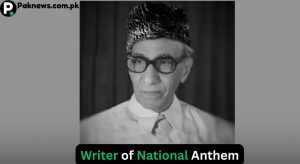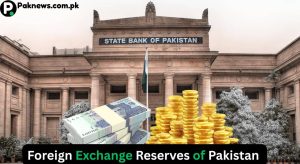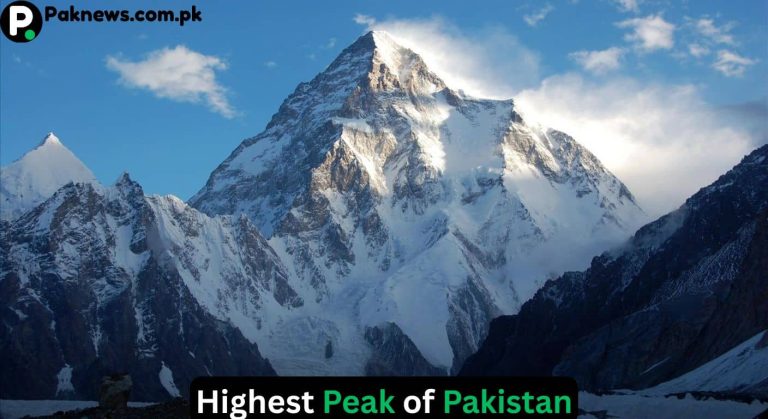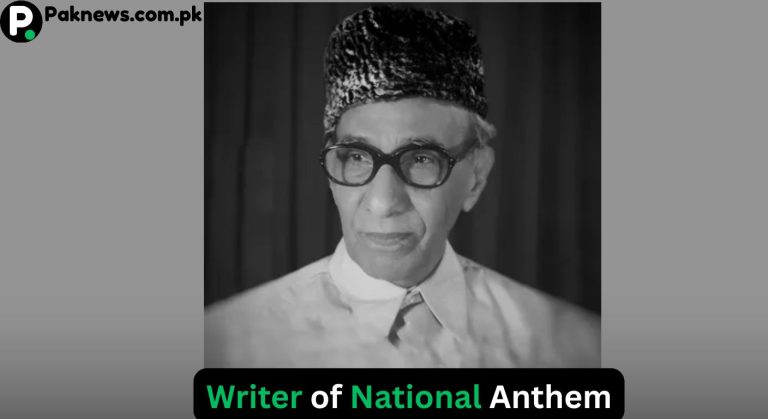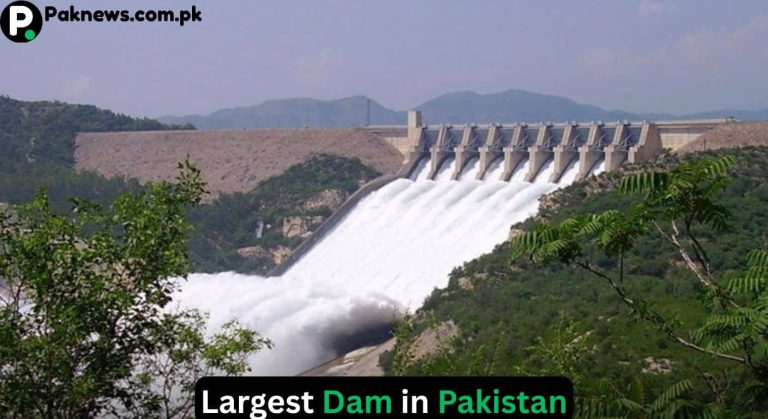1st President of Pakistan Complete Parliamentary History
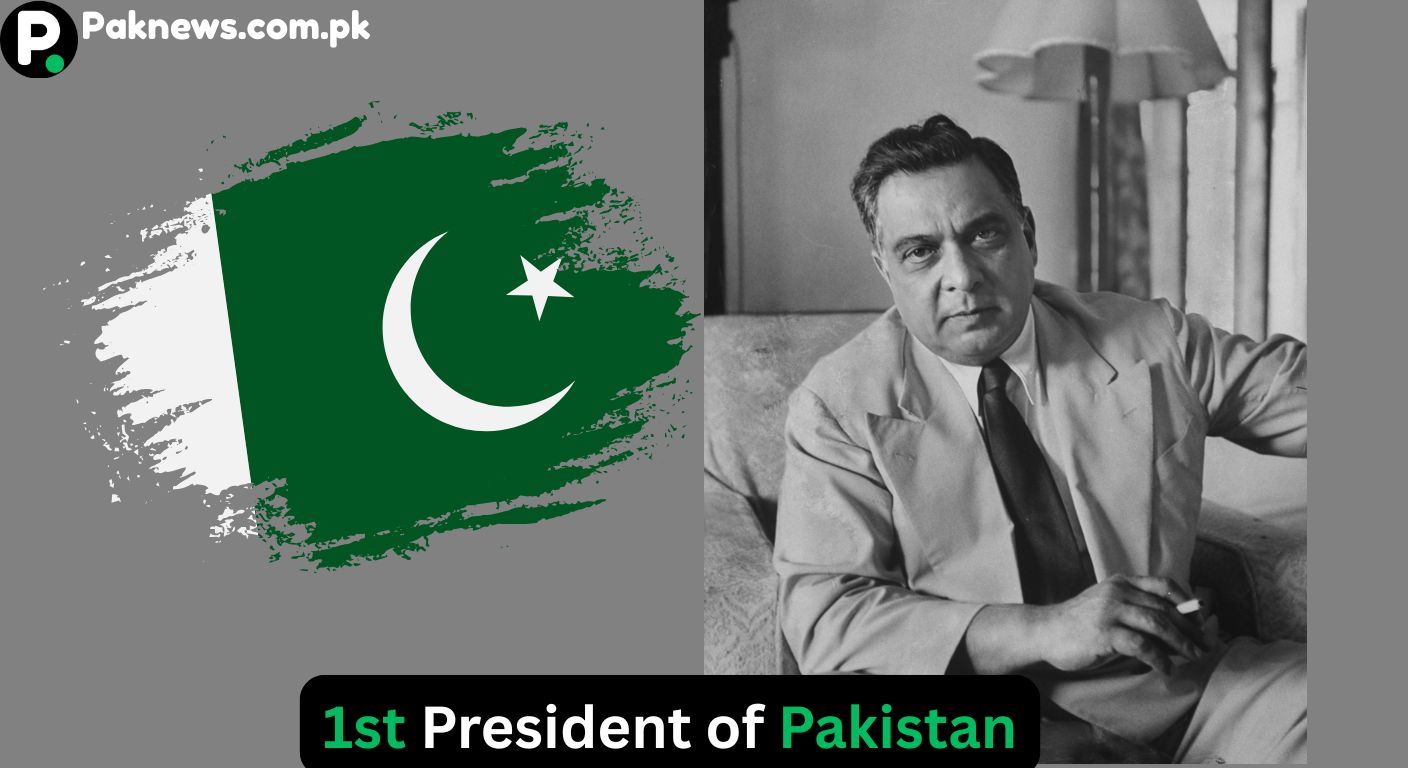
First President in 1947, when Pakistan emerged as an independent state, it initially operated under a parliamentary system with a Governor-General acting as the ceremonial head. However, a major shift occurred in 1956, when the country adopted its first constitution and transitioned into a republic. Thus, Major General Iskander Mirza assumed office as Pakistan’s inaugural President on March 23, 1956.
Early Background and Career Journey
Iskander Mirza was born on November 13, 1899, in Murshidabad (then part of British India), into a prominent family known for its strong roots in both administration and the military. He received his early education from the Royal Military College in Sandhurst, UK, and later joined the British Indian Army. Following the partition, he entered Pakistan’s civil administration, where he rapidly rose in rank due to his effective leadership and bureaucratic skills.
Climb to Political Power
Before taking on the role of President, Mirza held several important positions, including:
- Secretary of Defence
- Governor of East Bengal
- Interior Minister
- Governor-General of Pakistan (1955–1956)
With the adoption of the 1956 Constitution, the position of Governor-General was eliminated, and Iskander Mirza transitioned into the presidency thus becoming Pakistan’s first constitutional head of state.
Presidency and Political Challenges
Iskander Mirza’s time as President was riddled with political upheavals. He played a controversial role in dissolving the country’s first National Assembly in 1954 and was notorious for removing multiple prime ministers during his tenure. In October 1958, he enforced martial law and appointed General Muhammad Ayub Khan to oversee its implementation as the Chief Martial Law Administrator.
However, this alliance didn’t last long. Merely 20 days later, Ayub Khan overthrew Mirza in a bloodless coup and sent him into exile in London, effectively ending his influence in national politics.
Exile and Final Days
After his removal, Iskander Mirza remained in exile in the United Kingdom. He passed away on November 13, 1969, his 70th birthday. Due to the political tensions at the time, the government of Pakistan did not allow his burial on its soil. Instead, he was laid to rest in Tehran, Iran.
Historical Significance
Iskander Mirza’s legacy is complex. On one hand, he played a foundational role in the early governance of Pakistan. On the other hand, his actions contributed to weakening democratic processes by encouraging military intervention in politics. As Pakistan’s first President, his rule symbolizes both a significant beginning and a controversial chapter in the nation’s political development.









